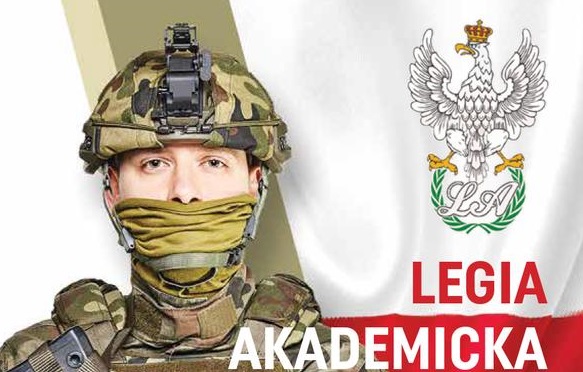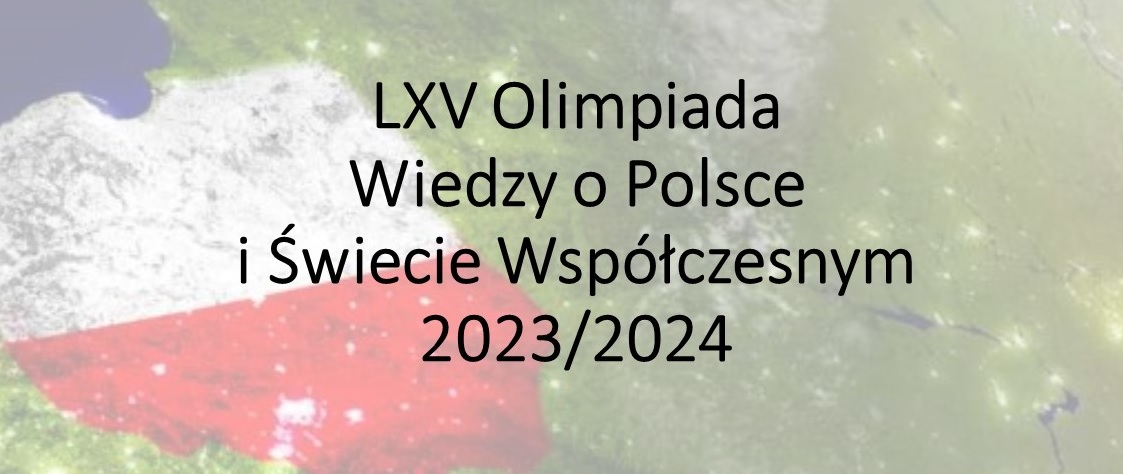Undergraduate Studies in Political Science
DURATION OF STUDIES
- 3 years (granted bachelor’s degree)
SPECIALIZATIONS OFFERED:
- European Integration
- East- European studies
- Contemporary Diplomacy
DESCRIPTION OF THE FIELD OF STUDY
Students of Political Studies, assigned to the field of Social Sciences, and of the general academic profile, acquire the knowledge and skills from the field of social issues, historical, legal, economical competence and the factors of contemporary politics. They learn to perceive its connection with the tradition of the European political and philosophical thought. This kind of knowledge and competence is the foundation of the education concerning political science, therefore the whole series of the general and major academic subject module (study of the state and law, political history of 20th century Poland) has all been scheduled for the 1st year of study.
Another, crucial part of the education in political studies is the theoretical knowledge of political systems in a broad sense, international aspects of contemporary politics, as well as its doctrinal requirements. This group of major subject module is scheduled for 2 and 3 year of study and shall constitute grounds for practical skills development. The latter being the knowledge of political system of the Republic of Poland, the mechanisms ruling the political competition at the central and local level, the rules of the contemporary democracy, the activity of political parties. The knowledge of political theory and practice acts as a means for shaping the ability to analyse the processes, issues and political facts. In the course of education, the students gain knowledge and skills from the following subjects: political marketing, contemporary political systems, self- government and local politics, international political relations, European integration, social and economic policy, political systems and parties. Students also are given the possibility to do a student training in self-government, international and national government organizations as well as the media. Political Science can guarantee its graduates education in general liberal arts, systematized knowledge from the range of the conventional politological subjects also the theoretical and practical accomplishment from the field of the chosen specialization. In the course of the academic work, the students also acquire the social competence enabling them to take active part in public life, participate in institutionalized forms of civic activity, communicate with the environment, work in public organizations and institutions, making them aware of the meaning of both the professional and public activity related ethical conduct, respect different points of view, having the ability to monitor and apply the evaluation procedures in the public sector, manage a team of people and to work in team.
Political science graduates will be prepared to play important social part and perform different professions. What is more, they feel the need to supplement their competence, they have the elementary skills to conduct the scientific activities and prepared to take up Graduate studies. Upon the completion of the studies the students are granted Bachelor’s Degree.
THE CHARACTERISTICS OF THE SPECIALIZATION:
European Integration graduate possesses the knowledge concerning political factors and processes in Europe, the concepts of European Union (EU) development, the specificity of functioning of European human rights protection systems, institutions and the governing media in EU, the role of Poland in Europe and in EU and the military alliances in Europe. The graduate gains also the skills to negotiate, analyse and account for the functioning of the mechanisms of EU, to observe and interpret the processes occuring in contemporary Europe. S/he also possesses social competences to convey knowledge connected with the processes of European integration, to evaluate the conduct of the national and European institutions, to work in team and to run small groups. The graduate of the discussed spacialization is prepared to work in political institutions, public administration, self-governing bodies, political parties, non-governmental organizations, international institutions, enterprises or the mass- media dealing with the different aspects of European integration.
The graduate of the East- European Studies specialization possesses the knowledge concerning foreign affairs and the safety of the Eastern Europe countries, the dimension of Poland’s Eastern foreign policy, the transformation processes in the Middle and Eastern Europe, the political systems of the countries in Eastern Europe, the defence systems of East European countries, definitions and cathegories from the scope of foreign policy and security theory, Polish- Russian relationship, national and ethnic issues in Eastern Europe. The graduate also acquires the ability to analyse foreign policy and the safety of an East European country, to examine the transformation processes in Middle and Eastern Europe countries, to evaluate the geopolitical situation in the region, to identify the threats and challenges for the safety of the countries of the area. She or he has the social competence of passing the knowledge associated with the development of the international relations in Eastern Europe, assessing the activities of national and international institutions, working in a team and managing small groups. The graduate of the above- mentioned specialization has the competence enabling him/ her to work in political institutions, non- governmental organizations, as well as the business entities dealing with the cooperation between Eastern Europe countries.
The graduate of the Contemporary Diplomacy specialization possesses the knowledge concerning the conditioning of the contemporary diplomacy, knows the basic notional concepts within diplomacy and diplomatic protocol, the evolution of the institutions and actions, knows the public international law, theory of international relations and the issue of contemporary international conflicts. The graduate of this specialization gains the abilities to negotiate, analyse the diplomatic activities, to observe the processes undergoing in the international environment. What is more, s/he has the social competence of passing the knowledge associated with international relations, assessing the actions of national and international institutions, working as part of a team.
The graduate manages the qualifications necessary to fulfil the crucial tasks concerning foreign policy and international cooperation on lower levels of the diplomatic degrees both in the country and abroad. S/he is well acquainted in the international environment.
The accepted layout of the curriculum together with the student training aim for the students of the particular specializations to find employment in the institutions mentioned. The graduate is well prepared and ready for further professional self- development.
The launch of the specialization or studies is conditioned by acceptance of not less than 30 people.
















